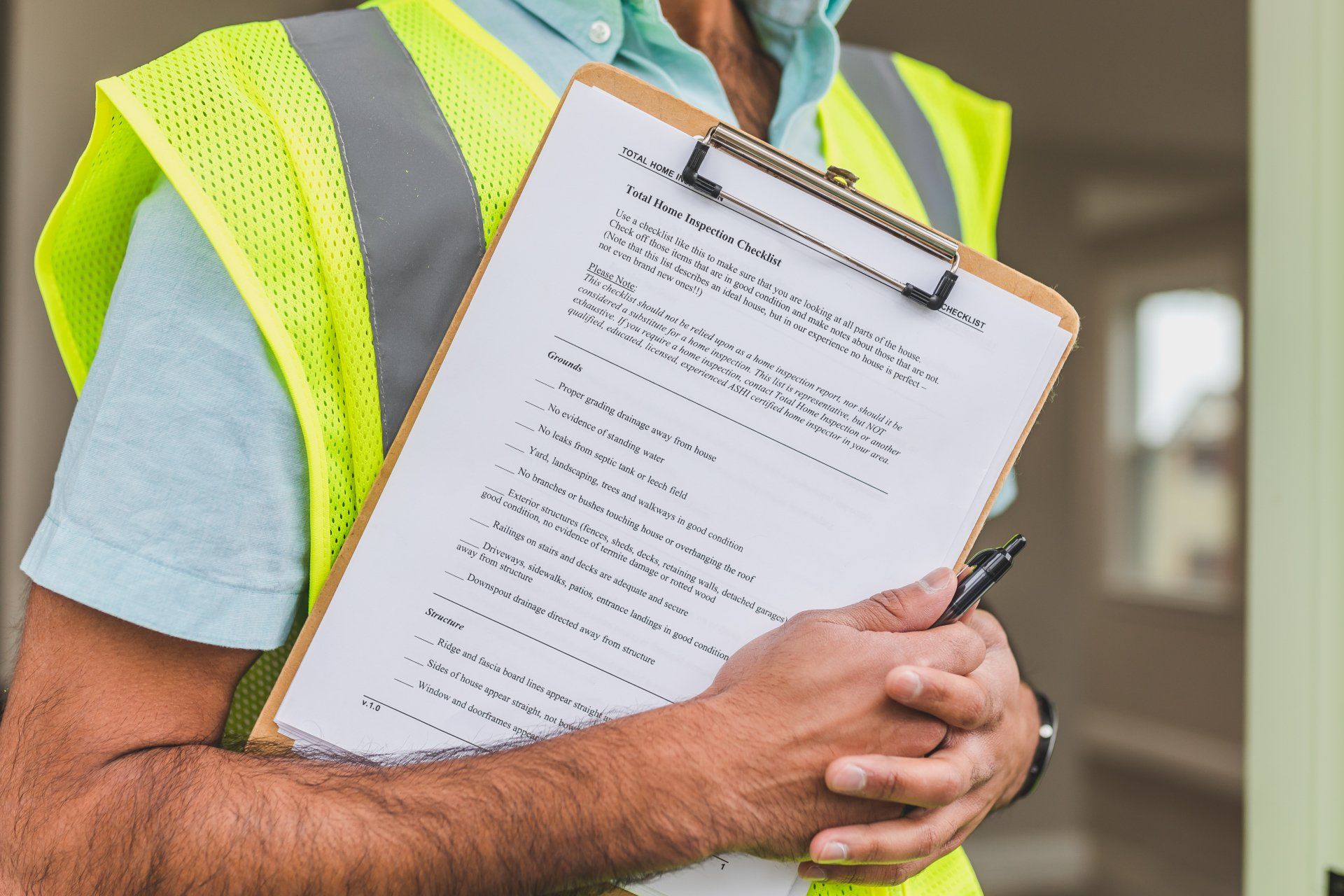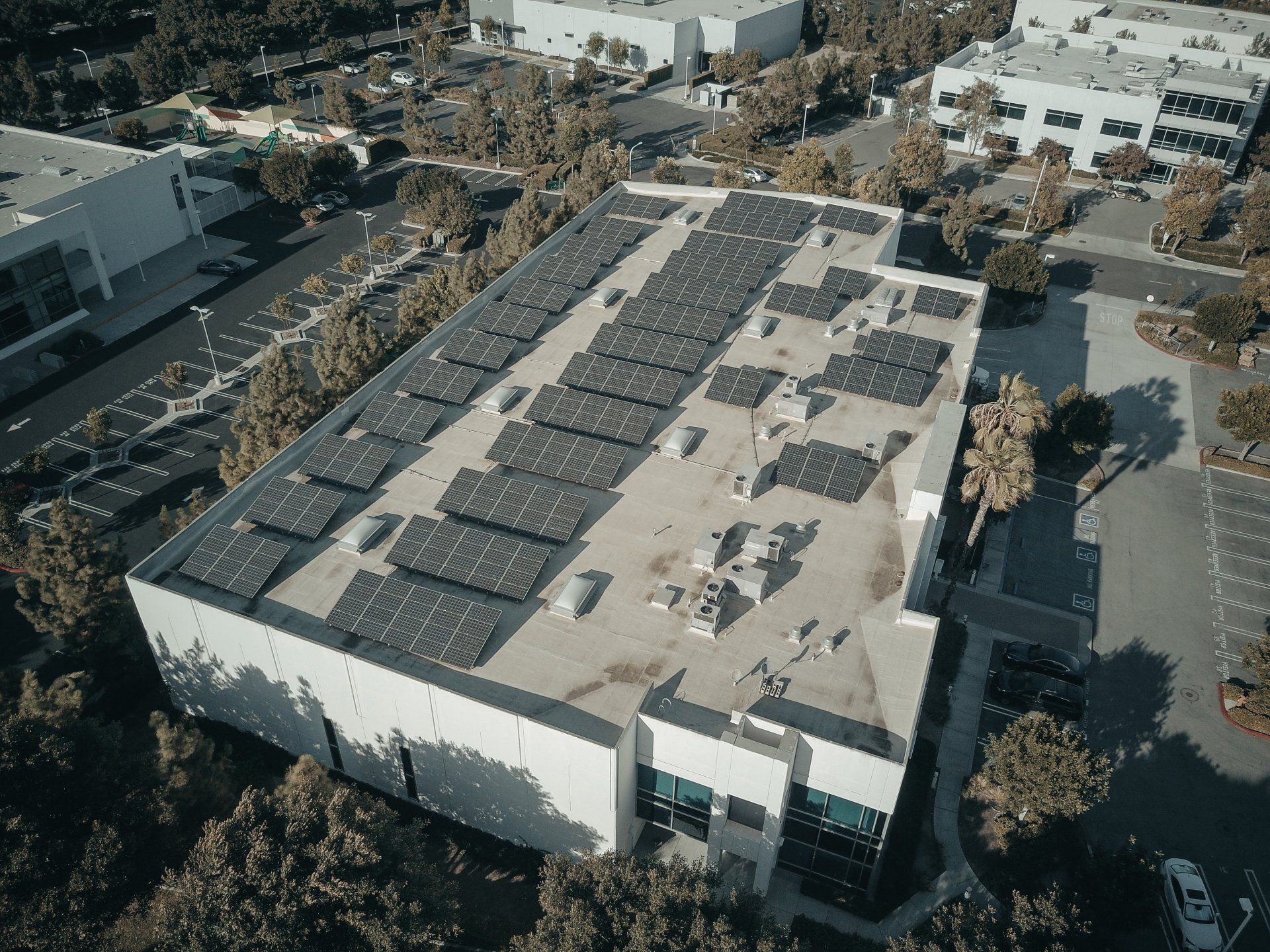The Importance of Due Diligence in Commercial Real Estate Investment
Due diligence is a critical step in the commercial real estate investment process, yet it is often overlooked or rushed through. However, taking the time to thoroughly evaluate a property and its potential before making an investment can help to avoid costly mistakes and ensure a successful investment outcome.

What is Due Diligence?
Due diligence is the process of thoroughly evaluating a property before making an investment. This includes reviewing all relevant financial and legal documents, evaluating the condition of the property, and assessing its potential for rental income and appreciation. Due diligence helps to identify potential risks and challenges before making an investment, allowing investors to make informed decisions.
Why is Due Diligence Important?
There are several reasons why due diligence is important in commercial real estate investment.
- Risk Assessment: Helps investors to identify potential risks associated with a property, such as zoning or environmental issues, or the current condition of the property. This information can help investors make informed decisions about the potential for the property to generate rental income and appreciation.
- Financial Analysis: Helps investors to evaluate the financial performance of a property, including its potential for rental income and appreciation. This information is critical in determining whether a property is a good investment opportunity.
- Legal Review: Includes a review of all relevant legal documents, such as the property's lease agreements, to ensure that the property is in compliance with all applicable laws and regulations.
- Improved Investment Outcomes: By taking the time to thoroughly evaluate a property and its potential before making an investment, investors can avoid costly mistakes and ensure a successful investment outcome.
What Should be Included in Due Diligence?
The due diligence process can vary depending on the property and the investment goals, but typically includes the following steps:
- Review of Financial Statements: This includes reviewing the property's financial statements, such as its income and expenses, to determine its potential for rental income and appreciation.
- Property Inspection: A thorough inspection of the property to assess its condition, including a review of the building systems, roof, foundation, and any other potential issues.
- Legal Review: A review of all relevant legal documents, such as the property's lease agreements and any zoning or environmental restrictions.
- Market Analysis: A review of the local real estate market, including rental trends and occupancy rates, to determine the potential for rental income and appreciation.
In conclusion, due diligence is an essential step in the commercial real estate investment process. By taking the time to thoroughly evaluate a property and its potential before making an investment, investors can avoid costly mistakes and ensure a successful investment outcome.
-
What is Due Diligence in Commercial Real Estate Investment?
Due diligence refers to the process of thoroughly researching and evaluating a potential investment opportunity before making a decision. In commercial real estate investment, due diligence involves analyzing the property, its location, financials, and the overall market conditions to determine the viability and potential return on investment.
-
Why is Due Diligence Important in Commercial Real Estate Investment?
Due diligence is crucial in commercial real estate investment as it helps to mitigate risk and uncover any hidden liabilities or potential problems with the property. It also helps investors to make informed decisions and to ensure that their investments align with their goals and risk tolerance.
-
What Are Some Common Elements of Due Diligence in Commercial Real Estate Investment?
Common elements of due diligence in commercial real estate investment include property inspections, title and zoning research, environmental assessments, financial analysis, and market research.
-
How Can an Investor Conduct Effective Due Diligence in Commercial Real Estate Investment?
An investor can conduct effective due diligence by gathering as much information as possible about the property, its location, and the market conditions. They can also hire professionals such as lawyers, appraisers, and inspectors to assist in the process. Additionally, an investor can review all the relevant documentation, such as contracts, leases, and financial statements, to gain a comprehensive understanding of the property and its potential.
-
What Are the Potential Consequences of Not Conducting Due Diligence in Commercial Real Estate Investment?
The potential consequences of not conducting due diligence in commercial real estate investment can include making an investment in a property with hidden liabilities or problems, making a decision based on incomplete or inaccurate information, and potentially losing money due to a lack of knowledge about the property and the market conditions.










